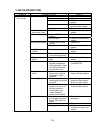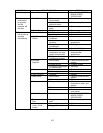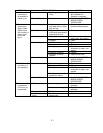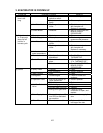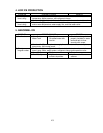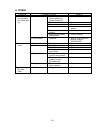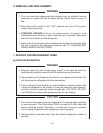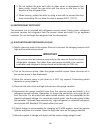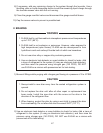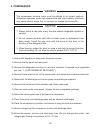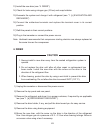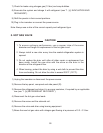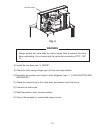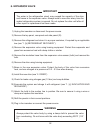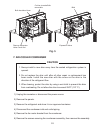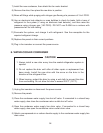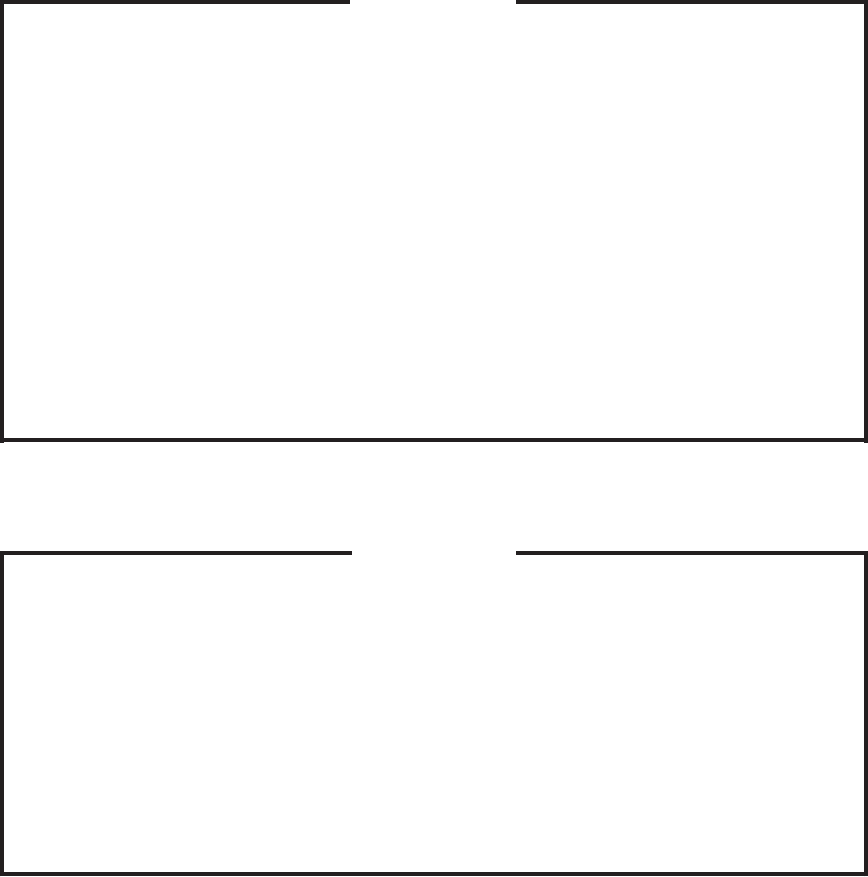
47
8) If necessary, add any remaining charge to the system through the low-side. Use a
throttling valve or liquid dispensing device to add the remaining liquid charge through
the low-side access valve with the unit running.
9) Close the gauge manifold valves and disconnect the gauge manifold hoses.
10) Cap the access valves to prevent a possible leak.
2. BRAZING
WARNING
1. R-404A itself is not fl ammable at atmospheric pressure and temperatures
up to 176°F (80°C).
2. R-404A itself is not explosive or poisonous. However, when exposed to
high temperatures (open fl ames), R-404A can be decomposed to form
hydrofl uoric acid and carbonyl fl uoride both of which are hazardous.
3. Do not use silver alloy or copper alloy containing arsenic.
4. Use an electronic leak detector or soap bubbles to check for leaks. Add
a trace of refrigerant to the system (if using an electronic leak detector),
and then raise the pressure using nitrogen gas (140 PSIG). DO NOT
use R-404A as a mixture with pressurized air for leak testing.
1) Braze all fi ttings while purging with nitrogen gas fl owing at a pressure of 3 to 4 PSIG.
CAUTION
1. Always install a new drier every time the sealed refrigeration system is
opened.
2. Do not replace the drier until after all other repair or replacement has
been made. Install the new drier with the arrow on the drier in the
direction of the refrigerant fl ow.
3. When brazing, protect the drier by using a wet cloth to prevent the drier
from overheating. Do not allow the drier to exceed 250°F (121°C).
2) Use an electronic leak detector or soap bubbles to check for leaks. Add a trace of
refrigerant to the system (if using an electronic leak detector), and then raise the
pressure using nitrogen gas (140 PSIG). DO NOT use R-404A as a mixture with
pressurized air for leak testing.



